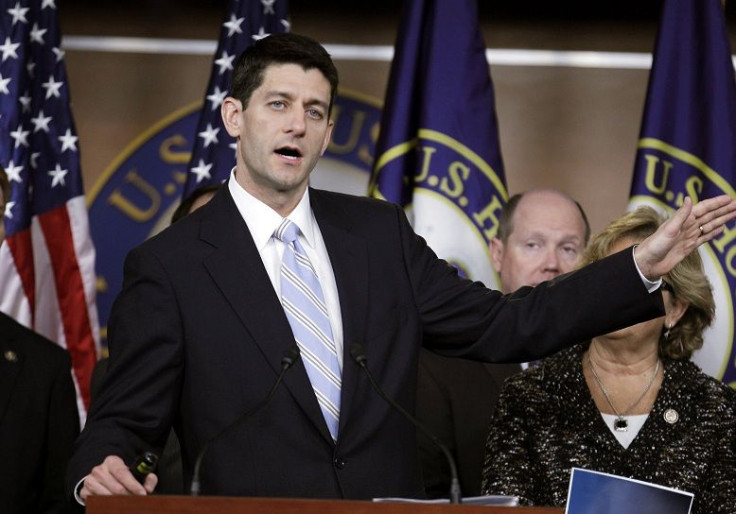Budget Conference Committee: No Deal This Week, Negotiations Continue

There’s no budget deal as yet, but the bipartisan House-Senate conference is expected to deliver one next week, as it tries to meet the Dec. 13 deadline. Budget conference leaders have already left the Capitol for their home states, but will remain in contact with each other, as will their staff, throughout the weekend.
“Ryan is committed to finding common ground,” said William Allison, a spokesman for House Budget Committee Chairman Paul Ryan, R-Wis. “He hopes both parties can work together to cut spending in a smarter way. They are making progress.”
The leaders and their colleagues are working on a small, two-year budget agreement that sets spending levels and reduces the impact of the across-the-board spending cuts known as sequestration. Both sides have kept mum about the specifics, but multiple media reports state that there is discussion of a $1 trillion spending level for next year. Lawmakers are hoping to find savings elsewhere to reduce the sting of the more than $100 billion sequester cuts.
Though the aspirations have certainly narrowed, there seem to be some worries. In a press briefing on Thursday, House Democrats expressed concern over the expiring unemployment benefits that would affect more than a million Americans next year.
“It is absolutely essential that we extend the benefits,” said Minority Leader Nancy Pelosi, D-Calif. “Unemployment benefits remain one of the best ways to grow the economy in a very immediate way.”
Democrats have said they will not support a year-end budget deal without an extension of unemployment insurance.
“The clock is ticking,” Pelosi said of the progress being made by the conferees. “There is still much work to be done, and time is running out on a budget agreement. While we understand that the budget negotiations are continuing, we also understand that there is no final deal.”
House Budget Committee ranking member Chris Van Hollen, D-Md., on Thursday said while there is no budget deal as yet, “there’s been a lot written.”
“We believe these budget negotiations have already dragged on way too long,” he added before laying out Democrats’ priorities he wants to be a part of the discussion.
Among the priorities are jobs, unemployment insurance and replacing the sequester in a balanced way. Democrats want to make targeted cuts and close loopholes.
“The proposals Republicans have put forward as part of this process go after middle-income, middle class taxpayers and leave the high-flyers alone,” Van Hollen said. “They don’t want to apparently close a single loophole for private corporate jets, but they want to say to the traveling public you should pay a higher airline passenger fee.”
While some Republicans don’t like that unemployment insurance is being bundled into the agreement, House Speaker John Boehner, R-Ohio, said Thursday, “If the president has a plan for extending unemployment benefits, I will certainly take a look at it.”
Without an agreement, there is the risk of a government shutdown in January unless a temporary funding bill passes Congress.
© Copyright IBTimes 2024. All rights reserved.












